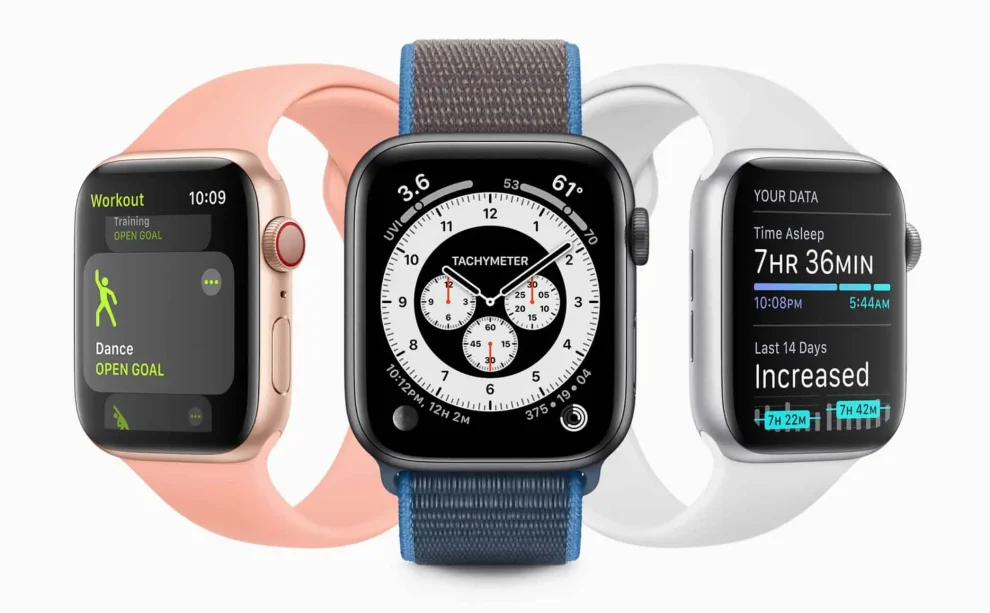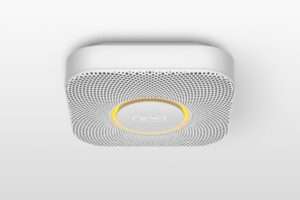The Apple Watch has become a ubiquitous symbol of modern tech, adorning wrists worldwide. But beyond its timekeeping and fitness tracking capabilities, a recent claim by a Dutch cardiologist suggests the Apple Watch might hold the key to detecting a silent killer – myocardial ischemia, a leading cause of heart attacks.
Myocardial Ischemia: The Hidden Threat
Myocardial ischemia occurs when the heart muscles are deprived of oxygen-rich blood, often due to blocked coronary arteries. This can lead to chest pain, shortness of breath, and in severe cases, heart attacks. However, a significant portion of myocardial ischemia cases, especially in diabetics, present no obvious symptoms – a phenomenon known as silent ischemia.
Early detection of myocardial ischemia is crucial for preventing heart attacks. Traditionally, this relied on electrocardiogram (ECG) tests or stress tests, procedures that can be expensive and inconvenient.
A Doctor’s Bold Claim: Apple Watch to the Rescue?
Dr. Ruud Koster, a cardiologist from Amsterdam, has ignited a firestorm in the medical world with his experience using the Apple Watch’s ECG app. According to Dr. Koster, the ECG data from his Apple Watch revealed signs of myocardial ischemia, leading him to seek further medical evaluation.
“The Apple Watch ECG and AI [artificial intelligence] found undetected heart pump problems,” stated Dr. Koster in a published case report. The use for detecting myocardial ischaemia is not endorsed by Apple, but is documented in this case.
Dr. Koster’s experience raises a critical question: Can the Apple Watch, originally designed for fitness tracking and basic health monitoring, truly detect myocardial ischemia?
ECG on Your Wrist: A Look at the Technology
The Apple Watch Series 4 and later models boast an ECG app that allows users to record a single-lead electrocardiogram. This simple test measures the electrical activity of the heart and can detect certain heart rhythm abnormalities, like atrial fibrillation.
While the Apple Watch ECG app isn’t a replacement for a full medical diagnosis, it can be a valuable tool for identifying potential heart issues. However, it’s important to note that the Apple Watch ECG app is not currently cleared by the FDA (Food and Drug Administration) for detecting myocardial ischemia.

A Medical Community Divided: Hope or Hype?
Dr. Koster’s experience has sparked a debate within the medical community. Some cardiologists view it as a promising development, suggesting the Apple Watch could be a valuable tool for early detection of heart problems, particularly for individuals at high risk.
This case report highlights the potential for wearable technology to empower patients and potentially identify early signs of heart disease,” said Dr. Michael Gould, a cardiologist at Emory University School of Medicine, in an interview.
However, others remain cautious. The lack of large-scale studies and FDA approval for myocardial ischemia detection raise concerns about the app’s reliability. Additionally, some experts fear the potential for misinterpretations and unnecessary anxiety among users.
“While this is an interesting case report, more research is needed before we can definitively say the Apple Watch can detect myocardial ischemia,” cautioned Dr. Marie Curie, a cardiologist at Johns Hopkins Medicine.
The Road Ahead: What Does the Future Hold?
Dr. Koster’s case has undeniably sparked discussion about the potential of the Apple Watch as a broader health monitoring tool. Here’s a glimpse into what the future might hold:
- Further Research: Large-scale clinical trials are necessary to determine if the Apple Watch can effectively detect myocardial ischemia with accuracy.
- FDA Approval: If the data bears out, the Apple Watch ECG app could potentially receive FDA clearance for detecting myocardial ischemia, making it a more reliable diagnostic tool.
- Advancements in Technology: Future iterations of the Apple Watch ECG app could be refined to detect a wider range of heart issues, potentially including myocardial ischemia.
- Increased Awareness: Dr. Koster’s case highlights the importance of heart health and early detection. This could lead to increased public awareness about myocardial ischemia and its risk factors.
The Apple Watch: A Disclaimer and a Promise
It’s crucial to reiterate that the Apple Watch ECG app is not currently a diagnostic tool for myocardial ischemia. The information presented here is not a substitute for professional medical advice. If you experience any symptoms of heart problems, consult a doctor immediately.
However, Dr. Koster’s case opens a door to exciting possibilities. The Apple Watch, once seen as a mere tech accessory, might evolve into a vital tool for safeguarding heart health. While challenges and uncertainties remain, Dr. Koster’s experience serves as a reminder of technology’s potential to empower individuals and potentially save lives. The future of health monitoring might just be resting comfortably on your wrist.
















Add Comment